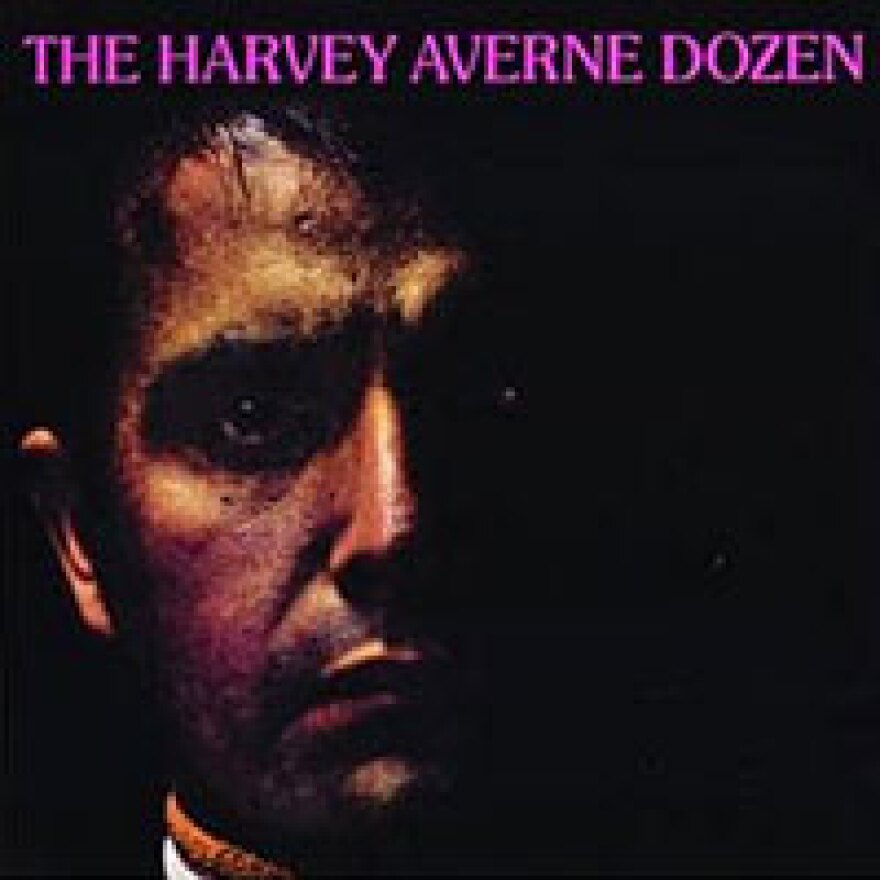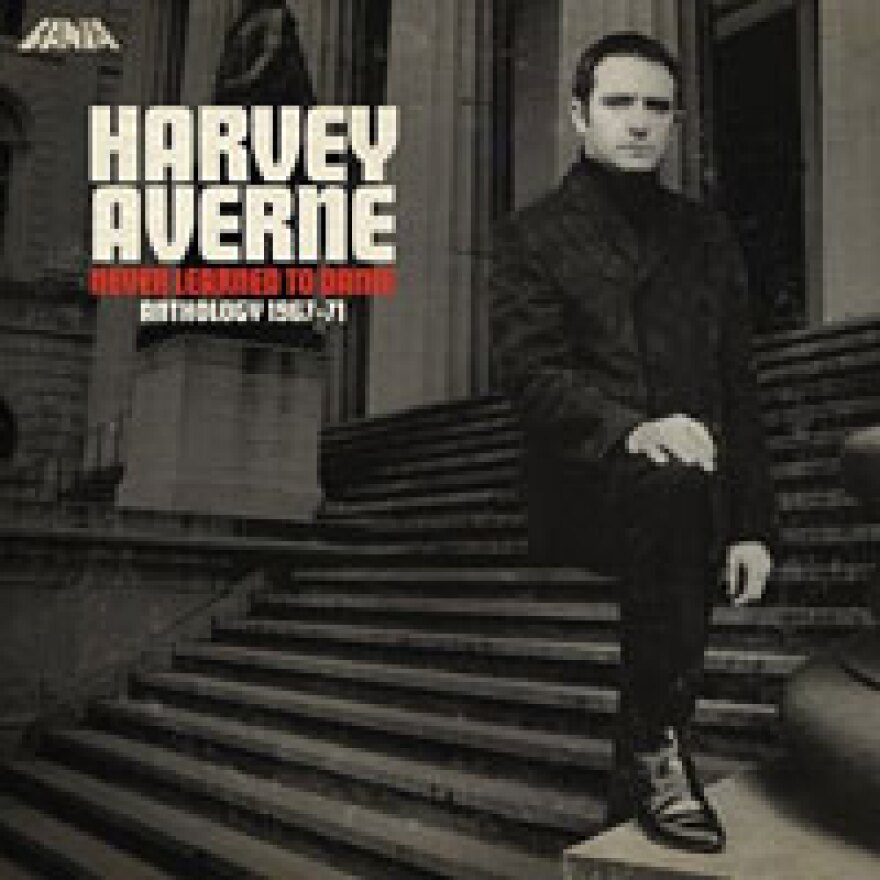One of several prominent Jewish Americans in New York's bustling Latin music scene, Harvey Averne first cut his teeth in Catskills clubs. Descending back into New York City as "Arvito and His Latin Rhythms," Averne blossomed into a multi-talented vibraphonist, bandleader, producer and label owner. In spite of his prolific accomplishments, including classic productions for Ray Barretto and Eddie Palmieri — not to mention his own quartet of solo albums — Averne faded from the public consciousness when he retired from active recording in the mid-'70s. A new anthology finally does some justice to his long career, and inspires this sampling of his strongest works in Latin soul, rock and salsa.
Copyright 2024 NPR. To see more, visit https://www.npr.org.
You're No Good

Averne produced hit albums for Fania Records, including Ray Barretto's classic boogaloo LP Acid. But when it came time for Averne to record himself, Fania decided to partner him with Atlantic Records, the king of New York's R&B labels. The resulting album, Viva Soul, plays up the rhythmic strengths of Averne's band and invited in African-American doo-wop singer Kenny Seymour, formerly of Little Anthony and the Imperials. "You're No Good" makes great use of Seymour's soaring tenor, played against the female back-up singers, while Averne makes his own presence known with a sprinkling of vibes. The result is a jaunty, catchy R&B number that sounds as comfortable at a Chicago sock-hop as it does at an East Harlem ballroom.
Never Learned to Dance

Averne and Seymour returned to Fania for the Dozen's self-titled follow-up to Viva Soul. The first single off the album was "Never Learned to Dance," an energetic cooker that remains one of Fania's fiercest dance tunes of the late '60s. Appropriately, its main rivals are also Averne productions: Barretto's "Soul Drummers" and "Freak Off," a song recorded by the former pianist for Arvito and His Latin Rhythms (and fellow Jewish-American Latin master), Larry Harlow.
Got To Have Brotherhood

Only a year or so had passed between the Harvey Averne Dozen LP and Brotherhood. By 1969, America was undergoing one of its most tumultuous eras and Averne -- like many musicians -- was taking notice. "Got to Have Brotherhood" was part of a wave of Latin soul songs focusing on social issues, in this case a call for solidarity between diverse groups. There are hints of Sly and the Family Stone in this composition (the bright horns, the funky rock feel), and just as Sly's band was a living embodiment of racial diversity, so was Averne's. For him, "Brotherhood" was not just a sentiment, but also a lived part of his musical practice.
Cucaraca Macara

By 1971, the Latin rock sound pioneered by Carlos Santana out of the West Coast had spread throughout the U.S., and Averne was no exception. The Harvey Averne Barrio Band album was thick with aggressive rock guitars and thunderous percussion. "Cucaraca Macara" was one of the record's major hits, a powerful, dense mix of rock, funk and Latin elements that still manage to incorporate the delicacy of Averne's signature vibes alongside the heavy polyrhythms.
Condiciones Que Existen

Averne stopped recording in 1972 to start up Mango Records (later changing its name to Coco Records), and one of the first artists he signed was gifted pianist and bandleader Eddie Palmieri. Their album together, Sentido, was a massive success -- including in Puerto Rico, a valuable music market that Palmieri had once had trouble conquering. The album's two biggest hits appealed to salsa sensibilities -- "Puerto Rico" and "Adoracion" -- but "Condiciones Que Existen" carried over some of the funky rock stylings of Averne's Barrio Band, resulting in a surprisingly slinky groove.


